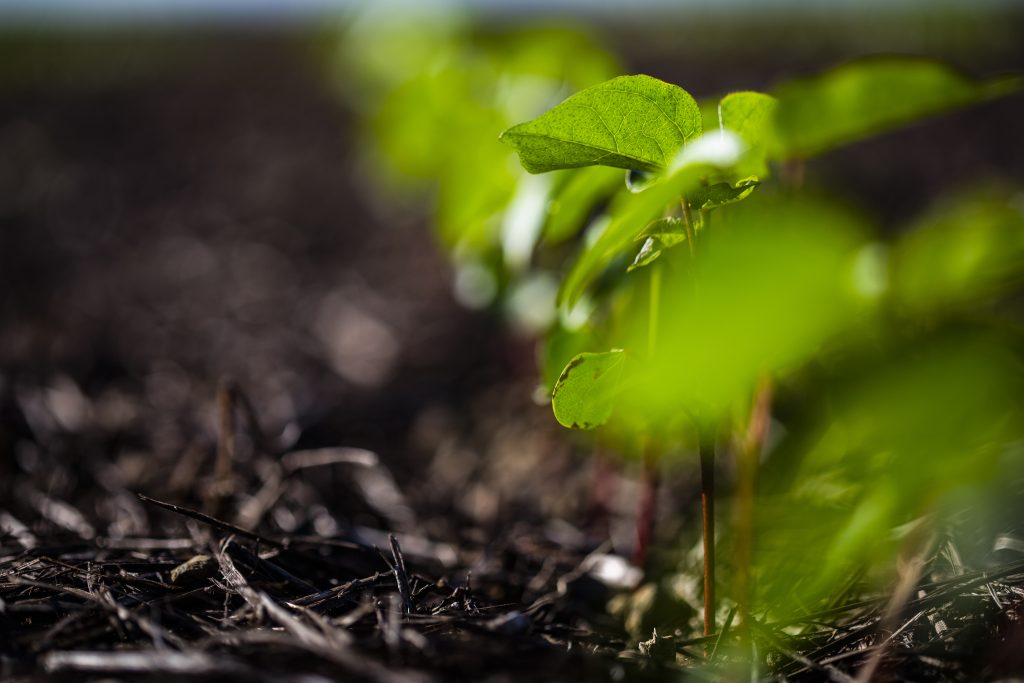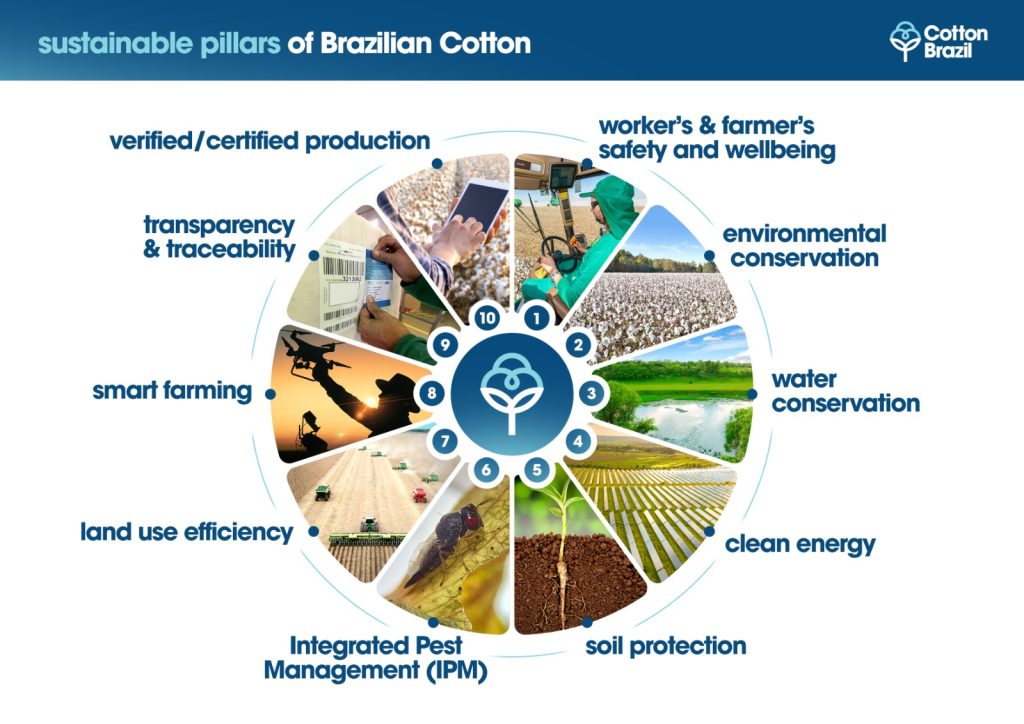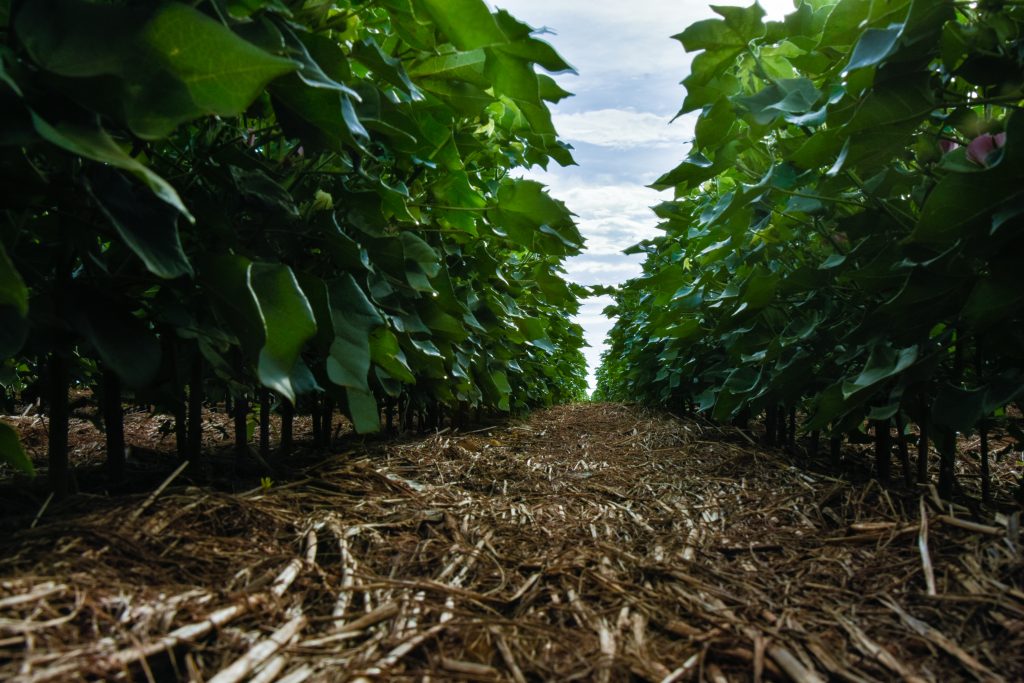As the Climate Shifts, So Does Consumer Behavior and Expectations
Climate Urgency. This is one of the ten themes of 2024, noted by the Business of Fashion (BoF) and McKinsey & Company in their detailed industry report titled “The State of Fashion 2024”. “The frequency and intensity of extreme weather-related events in 2023 mean the climate crisis is an even more urgent priority than in previous years” (McKinsey/BoF). Climate change is rapidly affecting our daily lives globally. Wildfires in the US, Canada, and Chile; hurricanes in the Caribbean; heavy rain and floods in Brazil, Kenya, the UAE, and the US; landslides in India; heatwaves in Mexico, China, Saudi Arabia’s Mecca, and Bangladesh; and countless other climate crises in countless countries—all just in 2024 so far (Climate Council; LA Times).

This devastating and deadly global issue impacts us both collectively and individually. On a collective level, there is a significant obligation on corporations to take responsibility. Vermont, a small state in the northeast of the United States, was the first state in the US to hold fossil fuels accountable, taking on big oil and passing a law to require their compensation in the economic, physical, and emotional devastation climate change has brought to the state (New York Times).
This collective issue also impacts people individually and can feel absolutely overwhelming. One way to help regulate one’s nervous system is to transmute anxiety with action. Consumers are waking up to the reality of climate change and are taking action by ‘voting with their dollar’ more and more, proving their willingness to invest in more sustainable items.
“Eight out of ten consumers said that they would pay up to 5% more for sustainably produced goods” (PwC).
Aligned with consumer expectations, the State of Fashion report by BoF demands a call for action throughout the industry. “With physical and transition risks rising across continents, the industry must not delay in tackling emissions and building resilience into supply chains” (McKinsey/BoF).
As mentioned earlier, Brazil is not immune to the reality of climate change. At Cotton Brazil, we take sustainability very seriously, with certifications and actions to prove it. The fact that consumers are increasingly prioritizing sustainability affirms that our actions are both imperative and noticeable.

Here are a few ways Brazilian cotton proves to be a reputable choice for consumers:
Sustainable Fiber – Naturally Biodegradable
Based on the 2023 PwC Global Consumer Insights Survey findings, 78% of consumers express a willingness to pay a premium for products manufactured from recycled, sustainable, or eco-friendly materials.
Cotton is naturally biodegradable, decomposing over the course of a few years at most, while polyester takes almost 200 years to decompose. This immense environmental impact doesn’t even begin to scratch the surface of fossil fuels’ correlation to climate change, not to mention the health risks of wearing polyester and other plastic/oil-based materials (microplastic article coming soon!).
Almost Entirely Rainfed
More than 90% of our cotton grows with rainwater alone. This means we are minimizing our use of imperative resources like water to irrigate our crops, and instead, it is naturally rainfed. During our recent 8th Annual Buyers Mission, while visiting a farm, attendees highlighted this as something that impressed them.
Premier Traceability
Our traceability technology was another point of interest for our Buyers Mission attendees, who described it as “advanced” and “remarkable.” Consumers agree on its importance; as noted in the PwC survey, 75% said traceability and origin transparency would influence their purchase decisions and willingness to pay more (PwC).

This statistic was mentioned during a seminar with Sourcing Journal and industry insiders, including Science Adviser Kate Jones, who affirms that “there is no sustainability without traceability”. The seminar moderator, Senior News and Features Editor Kate Nishimura, mentions that 38% of consumers check country-of-origin tags before purchasing clothing. This aligns with the premise that “without traceability, it’s impossible to prove the integrity of a product” (Sourcing Journal Seminar). While this percentage is significant, only 12% of fashion companies publish their raw material suppliers. We hope to help improve that!
We proudly provide traceability technology that is easily accessed online and via QR code. Each bale of Brazilian cotton carries a 20-digit code that can be used to identify the following information, bale by bale: farm, crop year, ginning plant, classing laboratory, and HVI test results. It also informs whether the cotton has been certified by the Responsible Brazilian Cotton (ABR) program and licensed by the Better Cotton Initiative (BCI), which attests to the sustainability of the cotton.
High Quality and Certified
Speaking of certifications, “The majority of [consumers] think it is important that fashion brands have ethical (72%) and sustainability (80%) certifications” (Fashion Revolution). Over 80% of Brazilian cotton is ABR and BCI certified, with a continuous goal to expand that percentage year over year. These certifications are based on the continuous improvement of good social, environmental, and economic practices in cotton production units.
To read even more about our sustainability practices, please be sure to check out https://cottonbrazil.com/sustainability/ and https://cottonbrazil.com/quality/
Inspiring Sustainable Action
It is dramatically clear that the world is deeply affected by climate change. While these shifts can be alarming, we hope to inspire action and encourage consumers to continue demanding a more sustainable industry, fostering growth for a better future.

Sources
https://www.climatecouncil.org.au/2024s-climate-crisis-extreme-weather-around-the-globe/
https://www.latimes.com/world-nation/story/2024-07-03/global-weather-events
https://www.nytimes.com/2024/05/31/climate/vermont-law-fossil-fuel-climate-damage.html
https://www.pwc.com/gx/en/industries/consumer-markets/consumer-insights-survey.html
https://sourcingjournal.com/webinar/is-your-cotton-safe-pinpointing-supply-chain-risks/
https://www.mckinsey.com/industries/retail/our-insights/state-of-fashion#/
